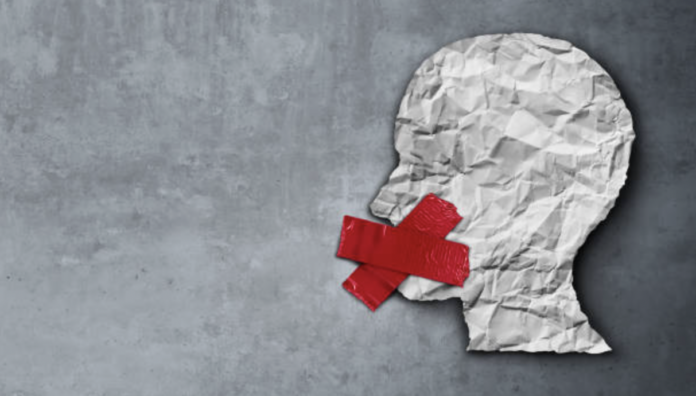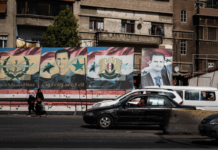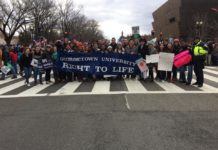![]()
Georgetown University is ranked the fourth worst school in the country for student free speech and open inquiry, per a new report from the Foundation for Individual Rights and Expression (FIRE). In a survey of more than 55,000 students from 254 colleges and universities across the US, Georgetown scored 17.45 in FIRE’s fourth annual College Free Speech Rankings. FIRE randomly selected and surveyed 143 Georgetown students with 30 questions regarding campus openness, tolerance, administrative support and disruptive conduct incidents to calculate its score.
The FIRE report is by no means exhaustive. However, it does raise some alarming statistics about free speech at Georgetown. Roughly 50 percent of students reported feeling uncomfortable expressing their views on controversial political topics. 43 percent of students said it is acceptable to shout down a speaker to prevent them from speaking on campus. Perhaps most worryingly, 76 percent of students say they are more likely to self-censor on campus today compared to when they started as undergraduates.
Students also shared specific instances of anti-free speech behavior and policies at Georgetown. Common responses included H*yas for Choice not receiving official recognition, harassment of pro-life student organizations and disruption of former Vice President Mike Pence’s speaking engagement.
FIRE’s report is alarming, but it should be taken with a grain of salt. Per FIRE’s methodology, 40 percent of a university’s free speech score was calculated from the results of one question asking students’ hypothetical reactions to allowing or not allowing certain speakers to come to campus. This question was worded to elicit negative feedback from liberal-leaning students:
“Would you support or oppose your school ALLOWING a speaker on campus who promotes the following ideas:
- Abortion should be completely illegal?
- Black Lives Matter is a hate group?
- Censoring the news media is necessary?
- Some racial groups are less intelligent than others?
- The U.S. should support Israeli military policy?
- Transgender people have a mental disorder?”
Given the topics and wording of the question, it is not surprising that the majority of liberal-leaning Georgetown students would oppose such an idea. More than 60 percent of self-identified liberal students answered they opposed allowing such a speaker.
In addition, should responses to this question be read as students supporting censorship of opposing viewpoints or merely just expression of opposition to these offensive views? It is unclear what students’ intentions are. As a result, colleges that have more liberal students, such as Georgetown and other peer elite universities, are heavily penalized in their free speech scores. For reference, per self-reported political beliefs from Hoyas who participated in the study, 62 percent were liberals, 10 percent were moderates, and 15 percent were conservatives. The remaining 13 percent declined to comment. This contrasts with universities with large proportions of conservative students, such as public colleges in the South and other Christian colleges, which all consistently place significantly higher than elite colleges.
Despite its low score, Georgetown is taking steps to protect free speech on campus. The College Republicans and College Democrats recently hosted dueling and controversial speakers on Sept. 26 with support from the administration. Yet with other inflammatory speakers, this year will test Georgetown’s commitment to free expression.
In an university-wide email prior to these events, Vice President of Student Affairs Eleanor JB Daugherty expressed the University’s hope that all members “cherish and understand the responsibility we have to preserve and protect speech and expression,” as quoted from her email.
Daughterty continued, “I firmly believe that the ability to freely express our thoughts, accept new ideas, allow for failure, and, most importantly, discover something new, is a critical part of our formation.”
Moreover, The Committee on Speech and Expression, composed of four faculty members and four undergraduate students, will continue its work this year to advise the administration on policies protecting campus free speech.
The year ahead will be filled with many challenges for free speech on Georgetown’s campus—it will be a test to see whether FIRE’s report is true or merely political hyperbole.












